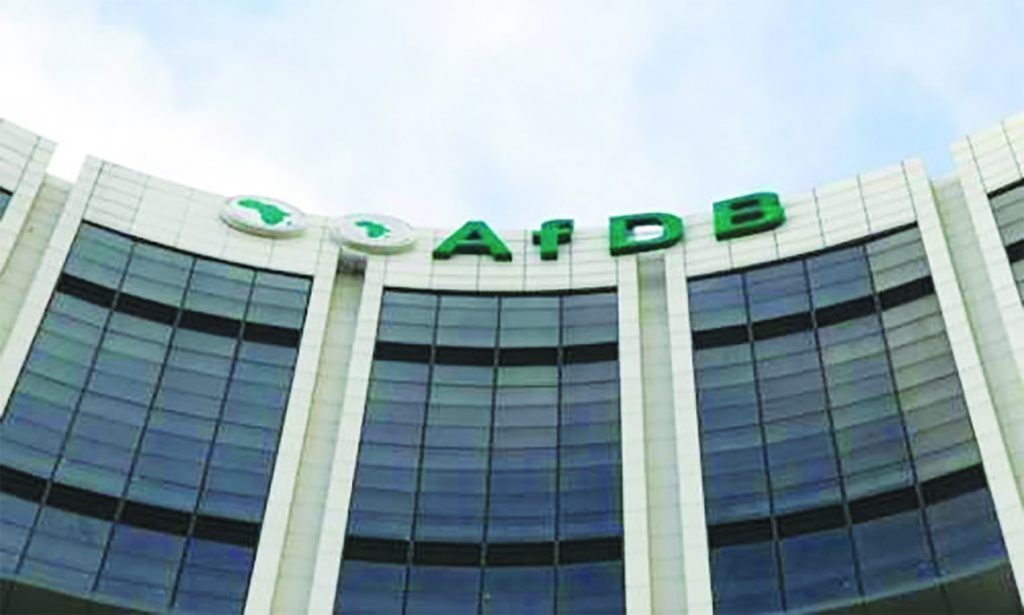The African Development Bank (AfDB) has set an ambitious goal to produce an additional 120 million tonnes of food by 2025, highlighting the urgent need for increased wheat production in West and Central Africa. This announcement was made by Abdul Kamara, the Director General of the AfDB Nigeria Country Department, at the 2024 West and Central Africa Regional Wheat Summit held in Abuja. The summit, centered around the theme “Prioritising Policy, Innovative Technologies, and Investments in Wheat Transformation towards Sustainable Food Security and Economy,” brought attention to significant challenges confronting the agricultural sector in the region.
Kamara pointed out the escalating demand for wheat driven by factors such as population growth and urbanization. Despite this growing need, domestic wheat production has not kept pace, leading to a significant dependency on imports. The situation has been exacerbated by recent geopolitical tensions, particularly the ongoing conflict between Russia and Ukraine, which has heightened vulnerabilities in the food supply chain within the region. This emphasizes the critical need for strategic interventions to bolster local food production efforts in response to these global challenges.
To address these pressing issues, the AfDB has been implementing the Feed Africa initiative, launched in 2016. This 10-year strategy aims to transform agriculture on the continent into a competitive agribusiness sector. Kamara elaborated on the initiative, stating that its goal is to assist over 40 million farmers by 2025, doubling the productivity of key agricultural sectors, including crops, livestock, and fisheries. The initiative is projected to lift approximately 130 million people out of poverty and significantly enhance food security across Africa, emphasizing the importance of wheat as a staple food for millions.
The summit featured contributions from various stakeholders, reflecting the cooperative effort needed to enhance wheat production. Dr. Solomon Gizaw, Head of the TAAT Clearinghouse, noted that wheat consumption in Sub-Saharan Africa rose by over 6% within the last decade. He stressed the necessity for strategic investments in the wheat value chain, with countries like Nigeria and Cameroon developing National Wheat Road Maps to improve domestic production. The achievements of the program over the past six years, which included distributing heat-tolerant wheat varieties to more than 12 million farmers, illustrate potential growth, having led to an estimated increase in crop production of 25 million tonnes.
Several regional leaders shared their insights at the summit, highlighting successful initiatives and ongoing challenges in wheat production. Umar Namadi, Governor of Jigawa State, discussed his administration’s commitment to enhancing wheat cultivation, including the allocation of 40,000 hectares specifically for this purpose. His administration has implemented various support programs for farmers, contributing to a notable increase in land dedicated to wheat cultivation. Similarly, Mr. Elzubeir Ibrahim, Managing Director of Nile Sun Seed Company Ltd, underscored the potential that heat-tolerant wheat varieties present in meeting market demands and driving economic success.
Kamara expressed optimism about the future of wheat production in the region, encouraging collective action to convert current challenges into opportunities for growth. He called on stakeholders to engage in fruitful discussions aimed at building resilient agricultural systems that can effectively support food security and economic sustainability in Africa. The two-day summit served as a crucial platform for fostering partnerships among governments, research institutions, and the private sector, collectively working towards establishing a sustainable and prosperous wheat industry in West and Central Africa. Through these collaborative efforts and strategic initiatives, there is hope for overcoming the challenges and ensuring food security for the region’s growing population.














